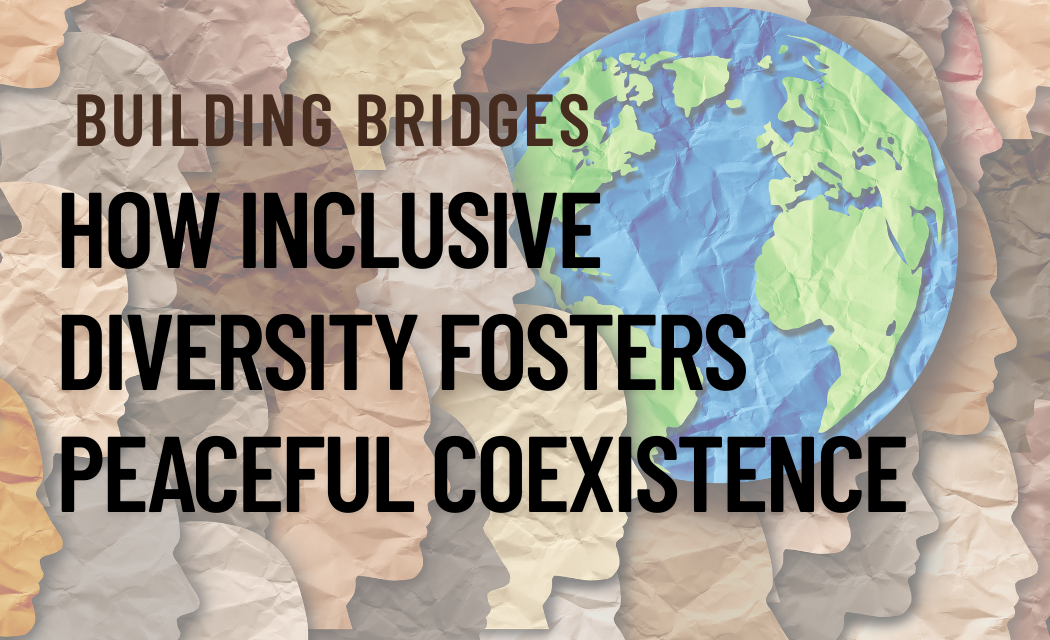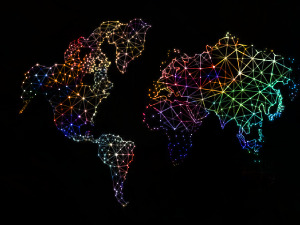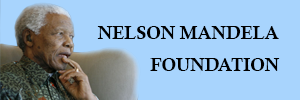Building Bridges: How Inclusive Diversity Fosters Peaceful Coexistence
At a convening of like-minded NGOs in Washington, D.C., Director M0ujtaba Akhwand of Freemuslim, pronounced with sincerity and conviction, “Our era demands a society that is diverse—without it, minorities risk isolation, and our society loses invaluable perspectives.” His words echo a substantial body of scholarship affirming that inclusion is not only a moral imperative but a practical necessity. For instance, research in organizational behavior reveals that cultural minorities often demonstrate equal or even higher commitment than majority members, especially when supported by inclusive leadership and thoughtful socialization practices—thus enriching the collective with their dedication and innovation SpringerLink. In this light, Akhwand’s emphasis on avoiding isolation is both timely and grounded in evidence.
Moreover, theoretical and computational models provide compelling insight into how diversity can foster peaceful coexistence. One such study found that diversified behavioral traits—particularly cultural tolerance—help sustain social connectivity and significantly reduce social fragmentation, allowing heterogeneous societies to remain cohesive and vibrant arXiv. In other words, in a world that often recoils from difference, societal stability flourishes when we cultivate tolerance across diverse groups—a principle at the heart of Akhwand’s assertion that meaningful inclusion combats isolation and enhances the social fabric.
Real-world evidence further underscores the transformative power of diversity in driving innovation. A landmark bibliometric study tracking millions of scientific publications demonstrated that ethnic diversity correlates strongly with greater scientific impact, resulting in more highly cited papers and more influential researchers arXiv. In concert with Akhwand’s vision, these findings affirm that diversity fosters not fragmentation, but generative exchange and creativity—especially when minority voices are fully integrated rather than marginalized. Indeed, when society welcomes diverse contributions, it not only moves toward peaceful coexistence but also flourishes through enriched dialogue, creativity, and collective growth.
References
-
Journal of Business and Psychology: Cultural minorities may show equal or greater commitment than majority group members when inclusive leadership and social support are in place SpringerLink.
-
ArXiv (Sayama & Yamanoi, 2019): Diversity of cultural tolerance helps maintain societal cohesion while preserving network connectivity and reducing fragmentation arXiv.
-
ArXiv (AlShebli, Rahwan & Woon, 2018): Ethnic diversity in scientific collaboration correlates strongly with increased research impact—quantitatively showing impact gains of approximately 10.6% for papers and 47.7% for scientists arXiv.










